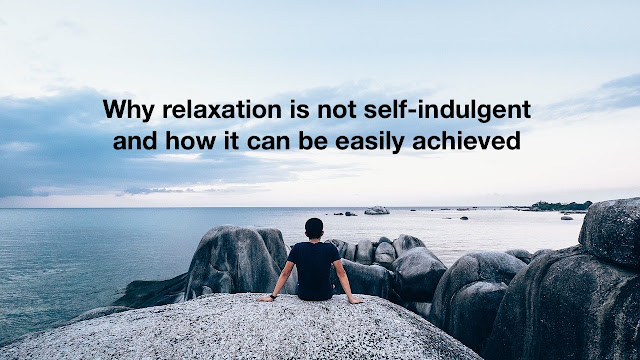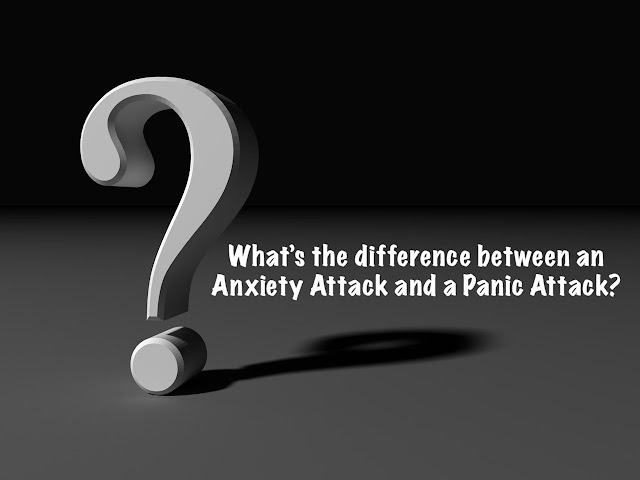Symptom Stories: Social Anxiety - A Fear of Being Judged
One blessing of lockdown would have been that Susan had a legitimate reason to avoid socialising. If she was honest, deep down it felt good that she would not have to come up with excuses to avoid the next social event. Even knowing that she wasn’t going have to make small-talk during the lunch break at work, would allow her to relax a little bit. Her social anxiety was not a new thing. For as long as she could remember she felt uncomfortable meeting new people or being part of a group. ‘I feel like a fish out of water” she told me. “I feel awkward and if I do try and join in I worry that I will forget what I’m trying to say or stutter over my words.” Like many people who suffer from social anxiety, it had taken her a long time book her appointment. She had kept a bookmark for my website in her phone for at least six months before she had found the courage to message me for an initial consultation. “I was glad that I could email you. I think if I could only book the appointm...



